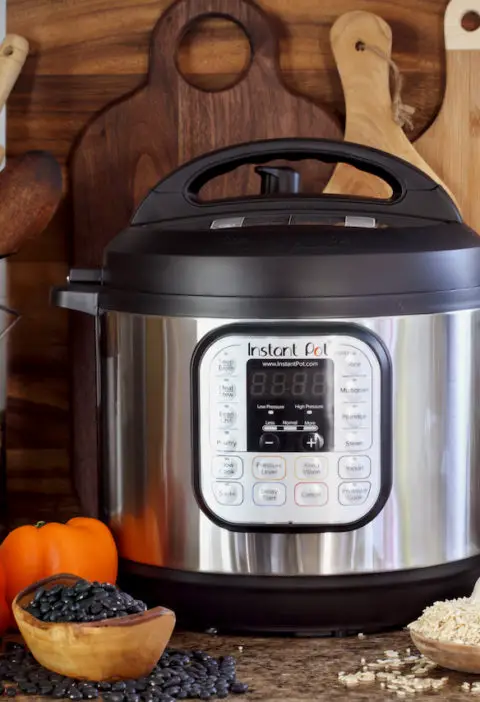In the last few years the world has become more conscious of our impact on the environment, and many have made the choice to ditch single-use plastics. If you’re one of those people, then congratulations! You’re at the beginning of a journey that will help to preserve our beautiful planet.
Plastic sandwich bags are a staple in most households and packed lunches, but they are having a devastating effect on the environment; it’s therefore time to consider using sustainable ziplock alternatives.
This article outlines the environmental impact of plastic ziplock bags, and why switching to reusable sandwich bags is better for our planet as well as your wallet.
What’s the Problem with Ziplock Bags?
They’re in most of our drawers at home and used everyday. Why would something so popular have so many negative implications?
Well, the main problem with ziplock bags is that they’re made from low-density polyethylene (LDPE), a very popular plastic that’s also used to make shopping bags and shampoo bottles.
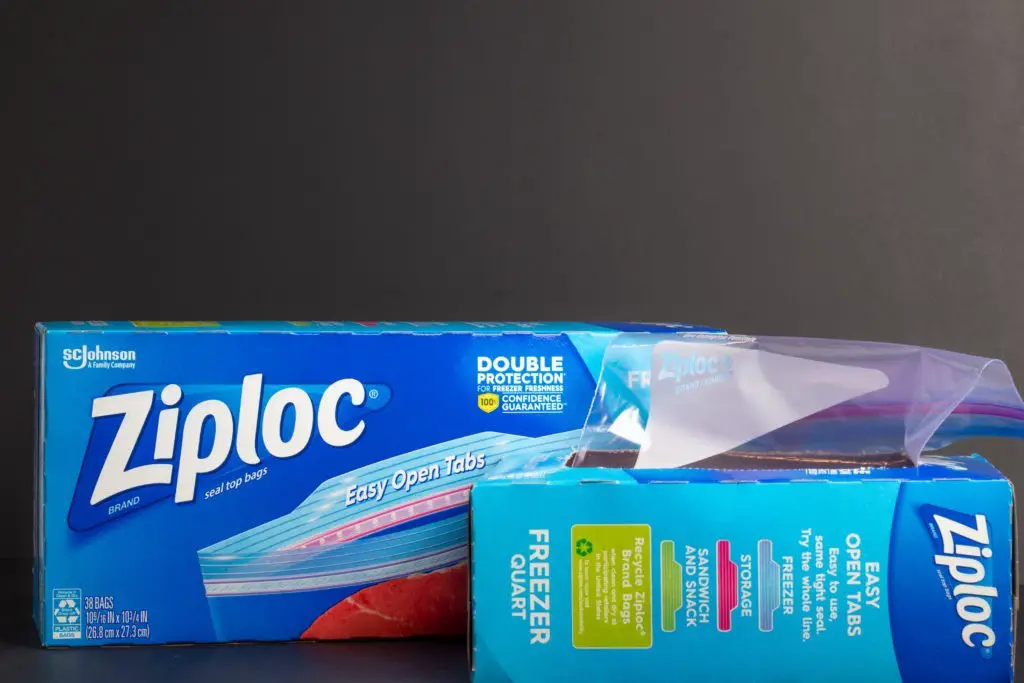
Of course, there are benefits to using LDPE which is why it’s so widespread:
- Very durable and difficult to break (tends to stretch instead)
- Water-resistant
- Impact resistant – when shampoo bottles fall in the shower, the LDPE means they won’t crack
- Cheap – ziplock bags can be bought in large quantities for very low prices
- Convenience – this is undeniable. It’s easy to just grab a ziplock bag out of the drawer, and throw it into the trash afterwards without a second thought.
However, the use of LDPE is slowly destroying the environment. Its durability means that it doesn’t break down in nature; in fact, the average plastic bag takes over 500 years to degrade. This means that, long after we’re gone, the evidence of our heavy plastic use will remain.
When a ziplock bag is sent to a landfill it does not biodegrade; rather, it undergoes a process known as photo-degradation. Rather than degrading entirely LDPE breaks down into micro-plastics, which can wreak havoc on our oceans in particular.
The Impact of Micro-Plastics
Micro-plastics are too small to be seen with the human eye. However, tiny marine creatures (such as phytoplankton) often mistake these particles for food. They will build up in the creature’s stomach to the point where they can no longer eat actual food, causing a slow death by starvation.
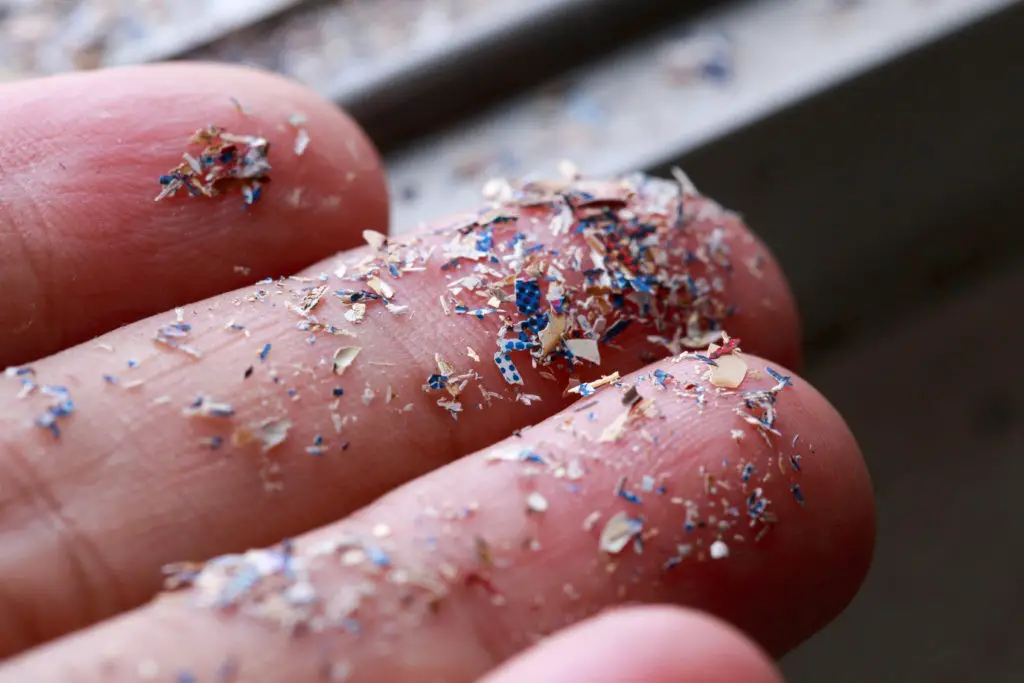
The harmful toxins from micro-plastics are then passed on to larger predators who eat these tiny aquatic creatures. Therefore, they have the potential to wreak havoc on the entire marine eco-system.
Worse still, we don’t know the extent to which micro-plastics can harm humans. In 2018, it was found that traces of micro-plastics existed within the human digestive tract, and they are also in our tap water and many of our foods. It is thought that micro-plastics have the potential to impact our hormones, brain development, and they may even contribute to some cancers.
Other Issues
In addition to the damage that LDPE causes to our oceans, the methods of production and disposal are also harmful to our atmosphere. The production of polyethylene generates huge amounts of carbon dioxide, which is a major contributing factor to climate change.
When it comes to disposal, the vast majority of LDPE products will not be recycled. They will either be sent to a landfill or incinerated, and the latter option also emits harmful gases into our atmosphere.
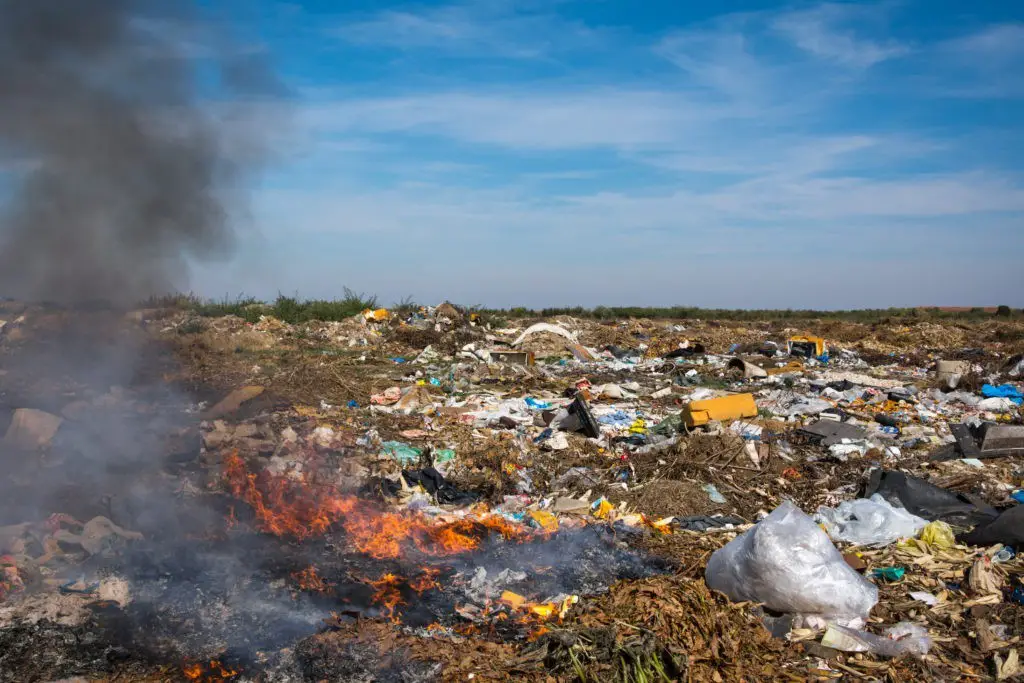
For the LDPE products that do end up being recycled, it is a very lengthy process that involves separating each separate type of plastic. A lot of people will find it easier to simply send it to landfill. Sadly, ziplock bags also tend to clog up the recycling machines at waste facilities, so it’s usually not feasible to put them in your curb-side recycling.
Ziplock bags are undeniably convenient but, with every one that’s used, we are contributing to micro-plastics and the emission of dangerous gases. If we do not cut down on our consumption of single-use plastic now, by 2050 our oceans will contain more micro-plastics than fish.
Why You Should Make the Switch
Environmental concerns aside, there are a number of benefits to investing in a sustainable alternative to ziplock bags. If you and your family routinely take a packed lunch to school/work, sustainable sandwich bags are an absolute must.
They’re More Fit For Purpose
Simply put, ziplock bags have very little uses beyond storage. Reusable sandwich bags, on the other hand, are usually made with material such as beeswax or silicone. They are therefore often microwave-friendly. If you wish to, you can bring hot food to work and heat it right inside the bag!
They’re More Durable
LDPE is certainly a durable material, but it sadly does not protect from the peril of squashed sandwiches.
Reusable alternatives are designed to last, and the sturdier material will protect your food much better. They are also often waterproof, a quality that standard ziplock bags generally don’t offer. This way, you can throw your sandwich directly into your purse with no fear that it will be flattened by your wallet and other belongings.
They are Cost-Effective
Like with other reusable products, there is a larger upfront cost for reusable sandwich bags. However, this is small in comparison to the cost of the approximately 500 ziplock bags used by American families each year.
They Can Be Multi-Purpose
When you’re not having packed lunches, reusable sandwich bags can be put to other purposes. Once they are cleaned they can be used to store makeup while traveling, to organize clutter and more.
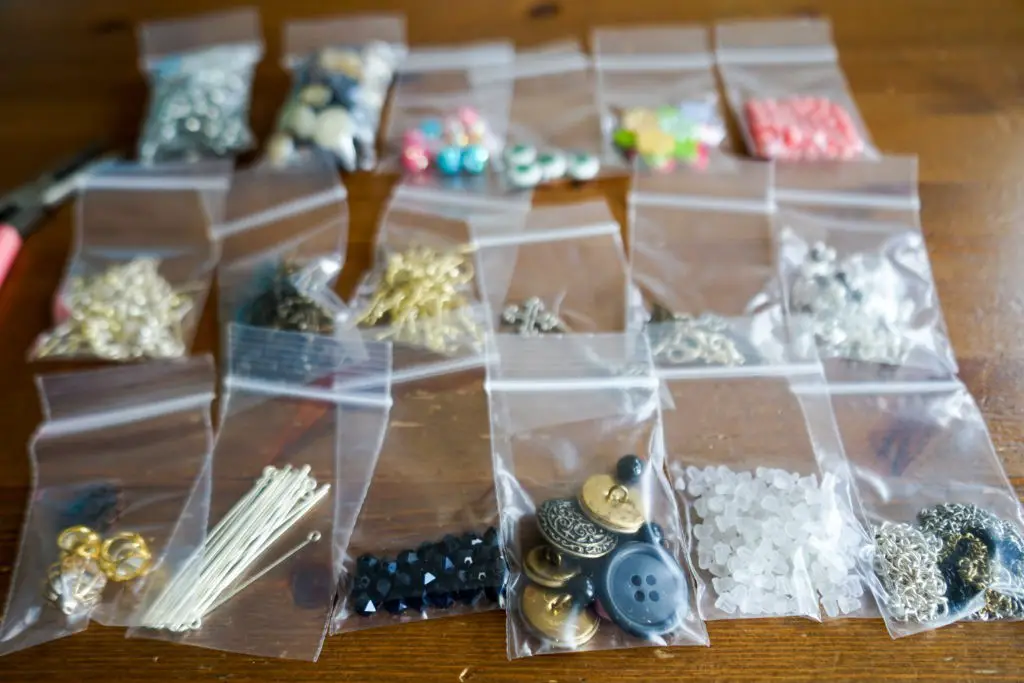
The Best Ziplock Bag Alternatives
Here are just a few examples of the many reusable sandwich bags available across the Internet.
U-Miss Reusable Storage Bags (12 pack)
U-Miss specializes in sustainable storage and their sustainable ziplock alternatives are no exception. They are made with Food-Grade PEVA material and are completely BPA free, so you don’t have to worry about them passing any harmful chemicals on to your family.
The zipper on the U-Miss bags means they are totally leakproof, and they are also freezer-friendly whilst protecting your food from freezer burn. Additionally, they are very easy to clean (hand-wash only). Coming in four different sizes, these bags are ideal for the whole family and a variety of foods.
U-miss Price for 12 bags: $18.34 USD
SnackJacket Food Storage Bags (2 pack)
These bags are also BPA free and made with PEVA material, so they are a brilliant alternative to single-use ziplock bags.
Unlike many other reusable sandwich bags available, the SnackJacket comes in a variety of colors/patterns that are suitable for adults and children alike. The waterproof double layer in these bags also makes them ideal for those messy school lunches.
The SnackJacket will be of particular interest to the environmentally conscious. With every purchase, the company pledges to plant a tree in partnership with Eden Reforestation Projects.
These bags are also machine washable, up to 40ºC.
SnackJacket Price for 2 bags: $18.06 USD
Olyee Reusable Sandwich and Snack Bags (5 pack)
These are also brightly patterned and available in three different designs, so your kids will be big fans of this option! The Olyee bags are made with food-safe fabric and free of toxins, with a waterproof interior.
The three different sizes provided make the Olyee sandwich bags perfect to store any meal.
Price for 5 bags: $11.14 USD
Kollea Reusable Ziplock Bags (12 pack)
The Kollea bags are made with non-toxic biodegradable materials. The double ziplock and extra-thick material makes these bags perfect for liquids and solids alike, and traps any odors safely inside.
Additionally, the rounded corners prevent food from getting trapped as well as making the pouches much easier to clean. Kollea recommends that you stretch them over a glass to air-dry them.
Price for 12 bags: $18.30 USD
CISHANJIA Reusable Sandwich Bags (12 pack)
Similarly to the other bags mentioned, the CISHANJIA sandwich bags are totally free from BPAs. However, their most unique selling point is the flat base which can allow more food to be stored in the bags, as well as making your fridge look more organized.
Price for 12 bags: $16.79 USD
Final Thoughts
Every one of us should be doing our bit to help preserve our planet, and this starts with making more sustainable choices. It’s one of the easiest options available to us, and yet it will make a massive difference.
You should easily find reusable ziplock bags that fulfill your needs while also staying within your budget. Not only will you feel pride in knowing that you’re improving the environment, but in time you will also reap the financial benefits.
Hopefully you’ve been persuaded to invest in a sustainable alternative to plastic ziplock bags. Good luck with your sustainability journey!

Explore the Essence of Cuban Cuisine with Noelle – a devoted culinary enthusiast enamored by Cuban flavors for over 30 years. Guided by her husband’s mami and abuela, she refined her skills using the ‘by eye’ technique, converting cherished recipes into precise culinary treasures. Continuously enriching her expertise, Noelle actively engages in cooking classes, infusing her platform with measured recipes and an authentic taste of Cuban food, inviting the world to savor the essence of this vibrant cuisine.

